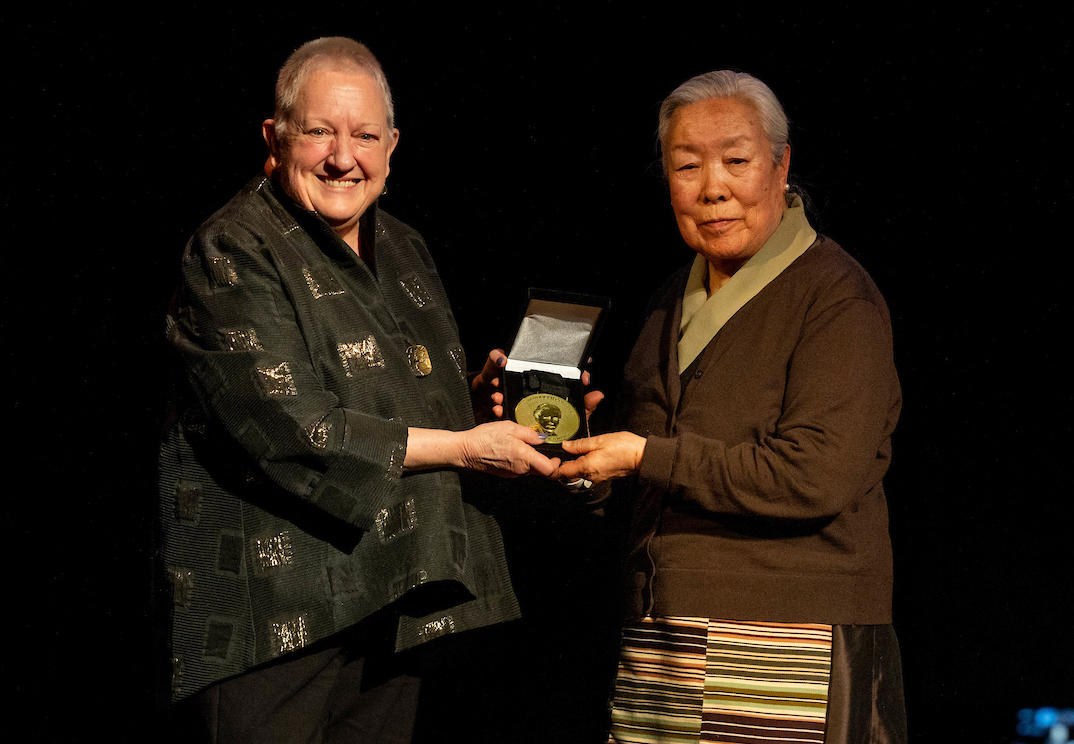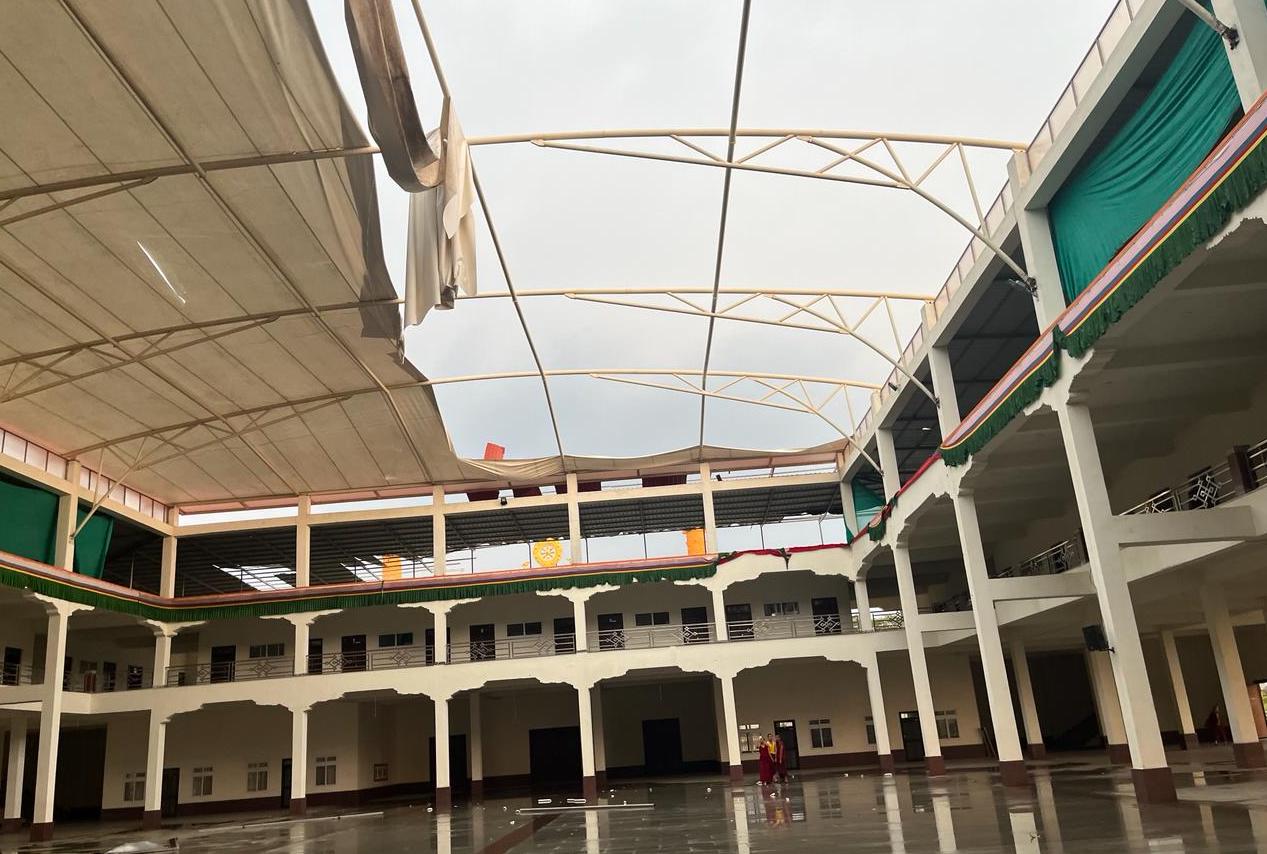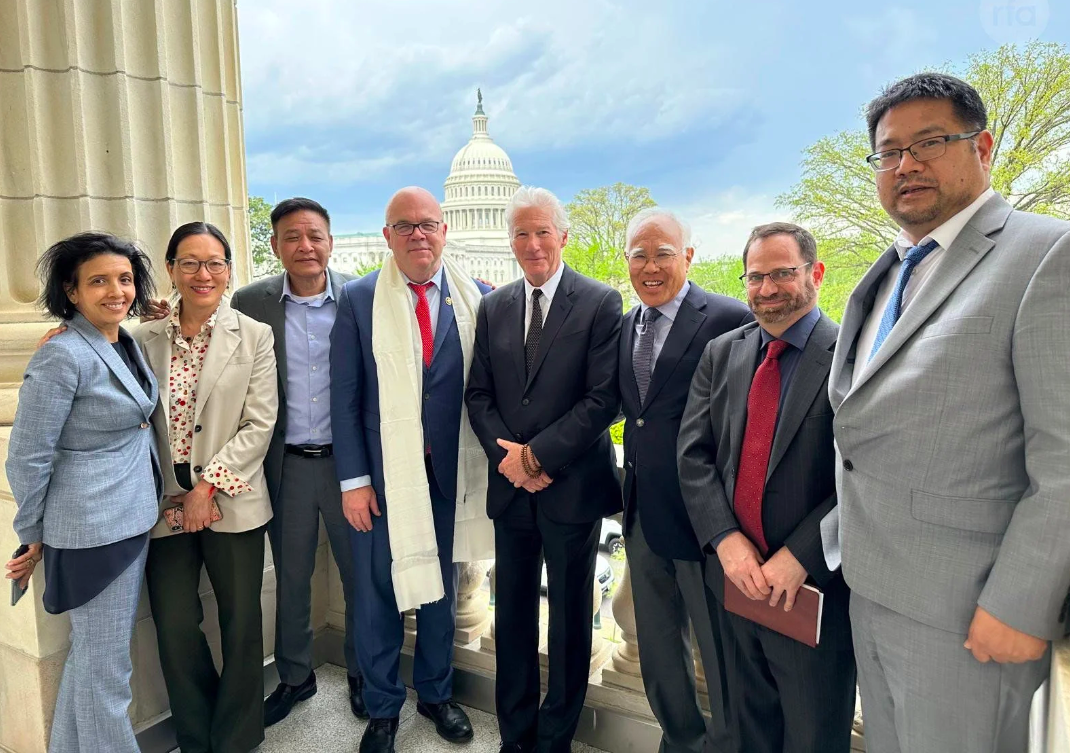By Tenzin Dharpo
DHARAMSHALA, Feb. 17: A middle aged Tibetan man who worked as a tour guide has reportedly died in a hospital in Lhasa in the Tibetan Autonomous Region (TAR), less than three months after being transferred from a Chinese prison, Human Rights Watch (HRW) said Tuesday.
Kunchok Jinpa, 51, who was serving the 7th of a 21-year sentence died on February 6, 2021. He had suffered a brain hemorrhage and was paralyzed, HRW said citing a local source. He is believed to be moved from the regional prison at Nyetang [Ch.: Nidang], near Lhasa – to a hospital in Lhasa on November 2020.
“Kunchok Jinpa’s death is yet another grim case of a wrongfully imprisoned Tibetan dying from mistreatment. Chinese authorities responsible for arbitrary detention, torture or ill-treatment, and the death of people in their custody should be held accountable,” said Sophie Richardson, China director at Human Rights Watch.
In Nov. 2013, Dharamshala based rights group Tibetan Center for Human Rights and Democracy reported that Jinpa was among a group of 17 known Tibetans arrested following the popular protests against China’s ‘mass-line’ campaigns in Diru (Ch: Biru) County in Nagchu (Ch: Naqu) Prefecture, Tibet Autonomous Region (TAR).
In addition to being held incommunicado for months, he was later convicted of leaking state secrets and passing information to foreign media about local environmental and other protests in his region, and was sentenced to 21 years in prison.
Kunchok Jinpa hails from Village No. 5 in Chaktse township in Driru, a county in Nagchu prefecture. He had become a monk as a child at the Gom Gonsar monastery in Driru. In October 1989, he travelled via Nepal to India, where he studied first at the Changchubling monastery in Dehra Dun. He continued his studies at TCV Suja school in Himachal Pradesh after disrobing. He pursued further studies at the Higher Tibetan Studies Institute in Varanasi, and became proficient in English and Hindi, as well as Chinese and Tibetan.
After his return to Tibet in 1998, he worked as a tour guide. He made several return visits to India, including his last visit in 2012, when he attended the Kalachakra ceremony given by the exiled Tibetan leader, the Dalai Lama, in Bodh Gaya.
China’s reckless and inhumane treatment of Tibetans have drawn stark condemnation from international community. Incidents like Kunchok’s have highlighted the gross miscarriage of international norms by Chinese authorities. “For decades Chinese officials have gotten away with detaining people without basis and mistreating them, including to near death,” Richardson said. “Those officials cannot be relied on to investigate these violations, so there is an urgent need for an independent, international investigation by UN human rights experts.”
Imminently prior to his arrest, in April 2013, he wrote on his WeChat micro-blogging account, “I am now at the bank of a river. There are many people behind me watching me, and I am sure to be arrested. Even if they arrest me, I am not afraid, even if they kill me, I have no regrets. But from now on, I will not be able to give reports. If there is no word from me, that means I have been arrested.”










